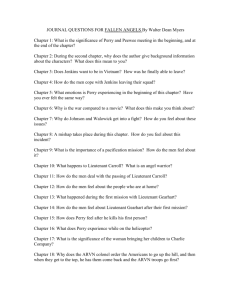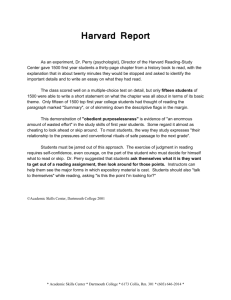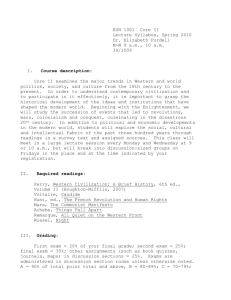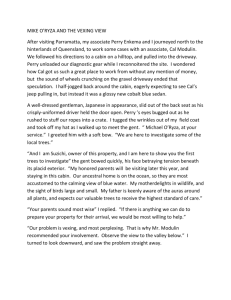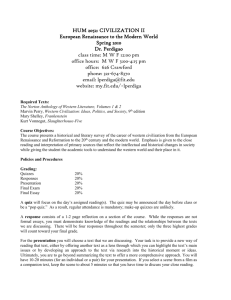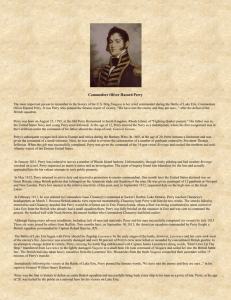Carole Currie Column on Perry
advertisement
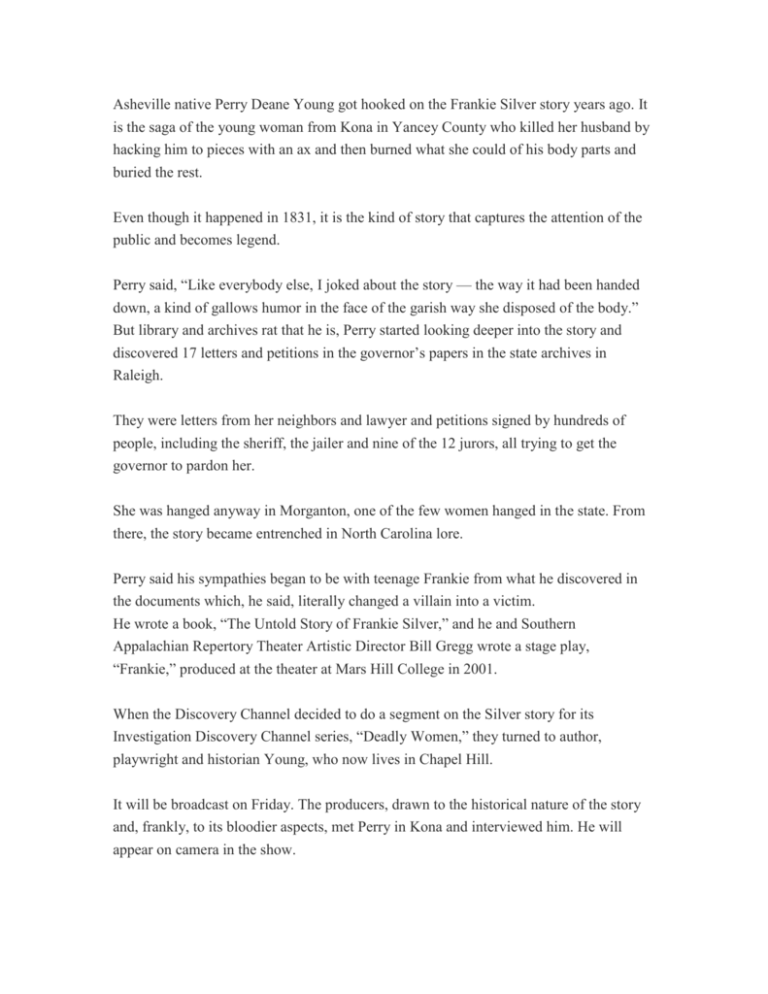
Asheville native Perry Deane Young got hooked on the Frankie Silver story years ago. It is the saga of the young woman from Kona in Yancey County who killed her husband by hacking him to pieces with an ax and then burned what she could of his body parts and buried the rest. Even though it happened in 1831, it is the kind of story that captures the attention of the public and becomes legend. Perry said, “Like everybody else, I joked about the story — the way it had been handed down, a kind of gallows humor in the face of the garish way she disposed of the body.” But library and archives rat that he is, Perry started looking deeper into the story and discovered 17 letters and petitions in the governor’s papers in the state archives in Raleigh. They were letters from her neighbors and lawyer and petitions signed by hundreds of people, including the sheriff, the jailer and nine of the 12 jurors, all trying to get the governor to pardon her. She was hanged anyway in Morganton, one of the few women hanged in the state. From there, the story became entrenched in North Carolina lore. Perry said his sympathies began to be with teenage Frankie from what he discovered in the documents which, he said, literally changed a villain into a victim. He wrote a book, “The Untold Story of Frankie Silver,” and he and Southern Appalachian Repertory Theater Artistic Director Bill Gregg wrote a stage play, “Frankie,” produced at the theater at Mars Hill College in 2001. When the Discovery Channel decided to do a segment on the Silver story for its Investigation Discovery Channel series, “Deadly Women,” they turned to author, playwright and historian Young, who now lives in Chapel Hill. It will be broadcast on Friday. The producers, drawn to the historical nature of the story and, frankly, to its bloodier aspects, met Perry in Kona and interviewed him. He will appear on camera in the show. Perry says he can picture the setting on that fateful day when Charles Silver was murdered. The weather was cold, and the Silvers lived in a drafty cabin with a young baby. Life was hard “I think he (Silver) was a no-account drunk afflicted with cabin fever, sick of wife and baby,” said Perry, who is pretty certain Frankie was the victim of spousal abuse. But at that time, men could treat their wives about any bad way they wanted to without fear of punishment. All kinds of details emerged from the petitions that Perry found in the archives, several of them quoting Frankie’s own confession (which has yet to be found) in which she said he was an abusive husband who was loading his gun to kill her when she picked up the ax. In most versions of the story, Perry says, she comes across as an evil villain sneaking up on her husband as he lay sleeping. Perry has just published a new edition of the book on Frankie, which includes a letter the late U.S. Sen. Sam Ervin, of Morganton, wrote him at the height of the Watergate hearings, agreeing with Perry’s conclusion that she was unjustly hanged. “His daddy told him the clerk of court said she would never have been hanged if she’d been allowed to testify,” Perry said. Nobody will ever know the exact truth about the murder, but the truth is that the story lives on in legend, and now on TV.



